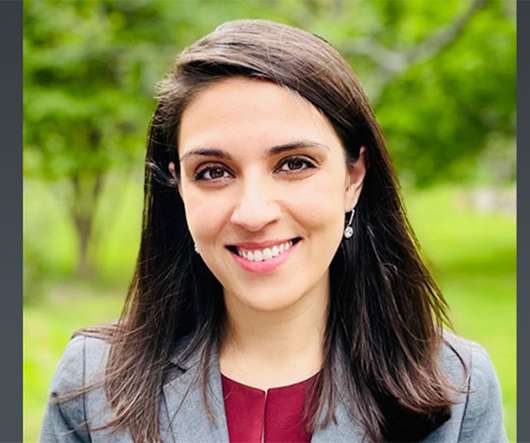Transgender Health, Aging, and Advocacy: A Podcast with Noelle Marie Javier and Jace Flatt
GeriPal
JUNE 19, 2025
Just today (June 17th) as we record this podcast: Ezra Klein released a wonderful interview with Sarah McBride , the first openly transgender member of congress A judge ruled that cuts to NIH grants focused on minority groups, including transgender people, were illegal and ordered the government to restore funding.












Let's personalize your content